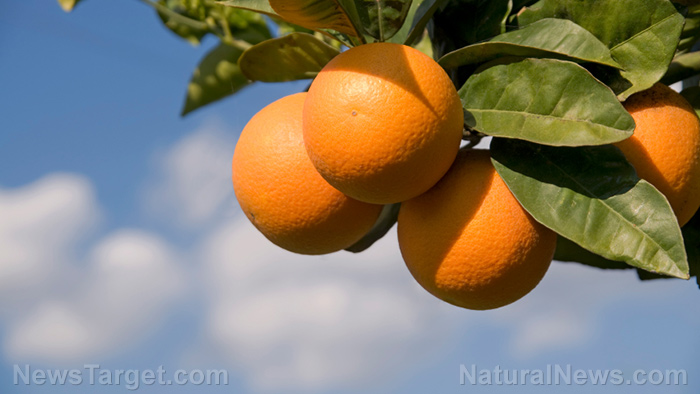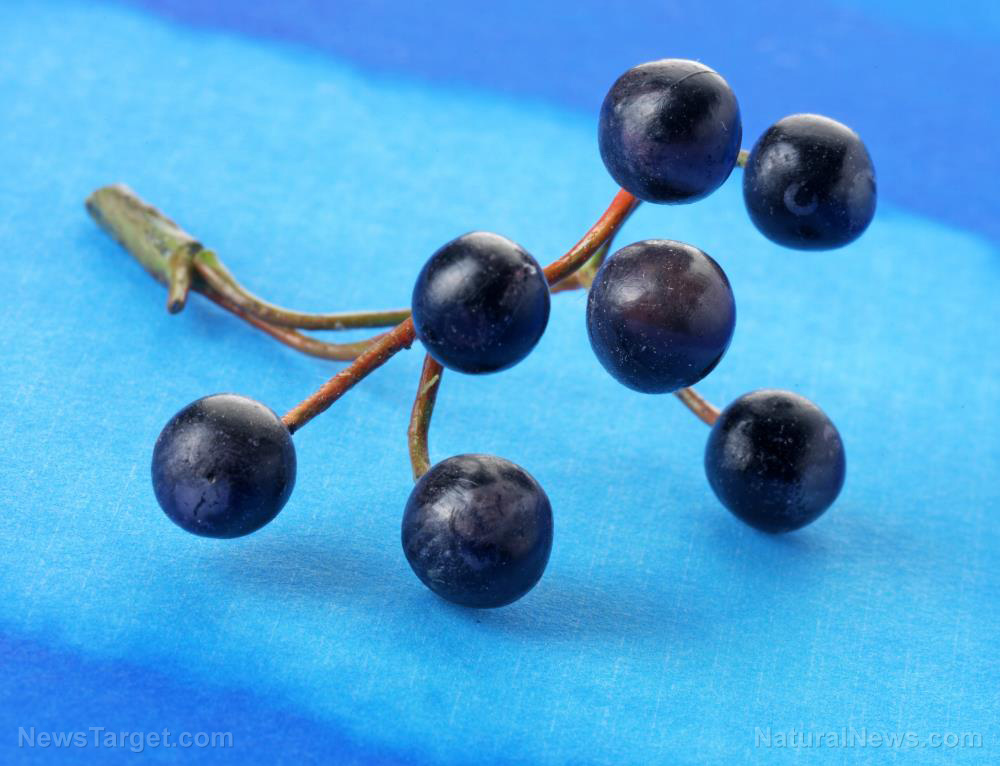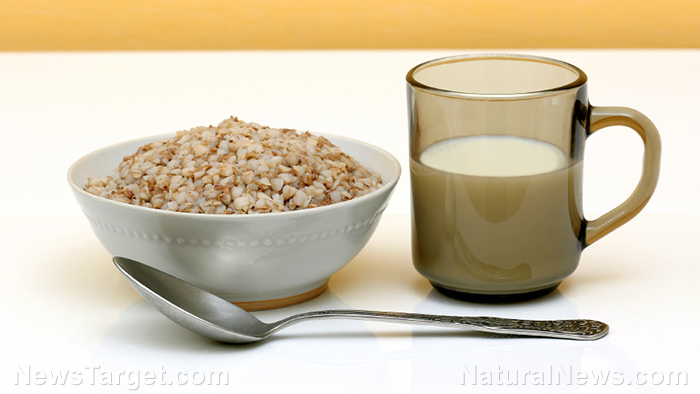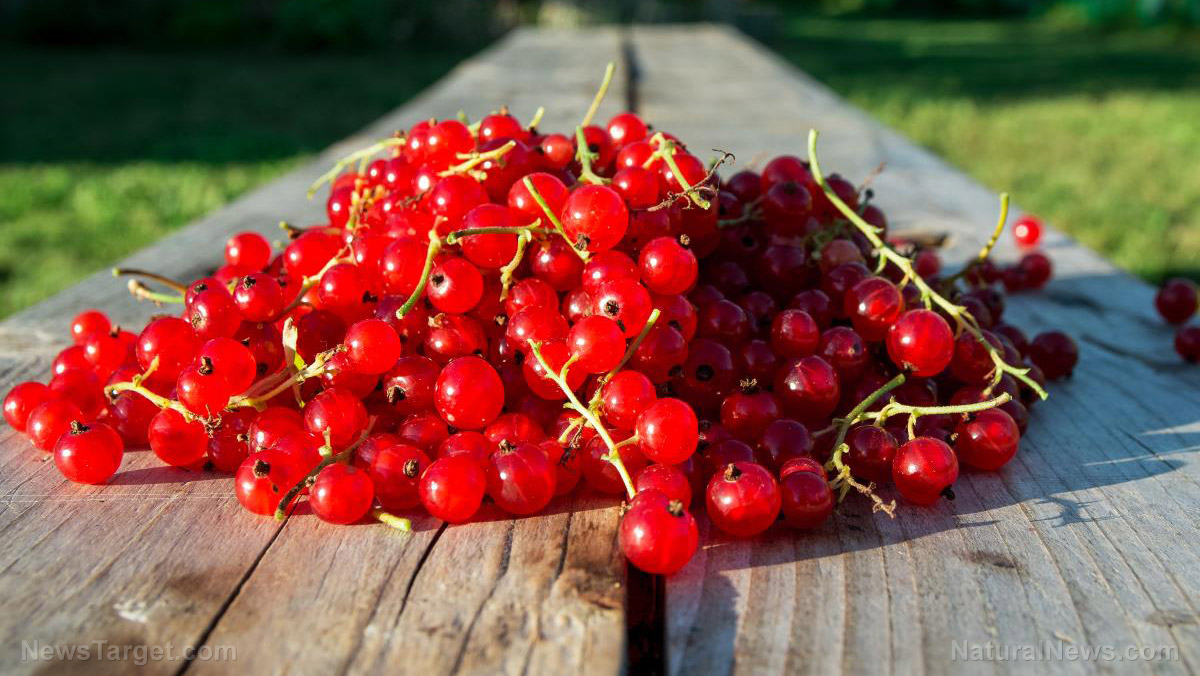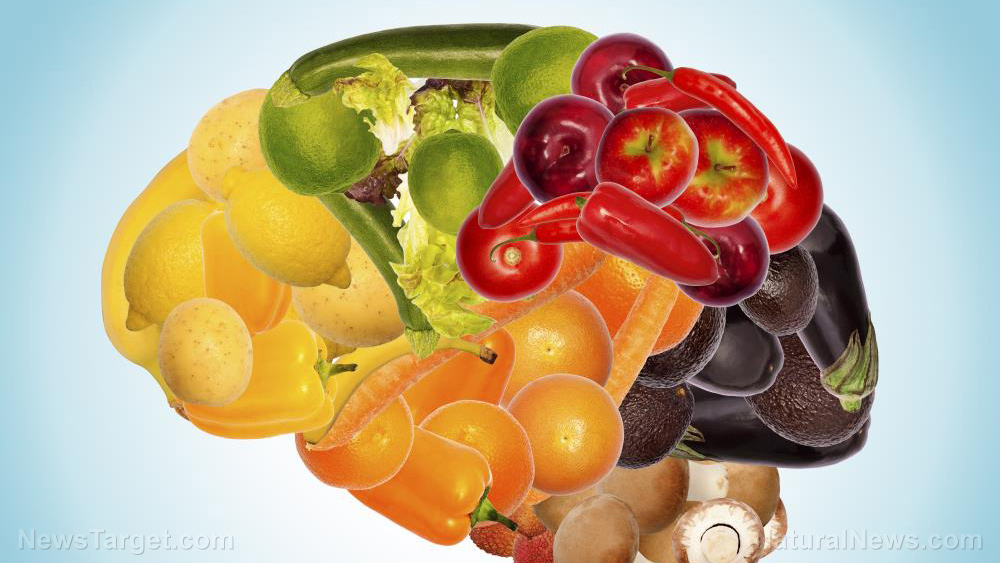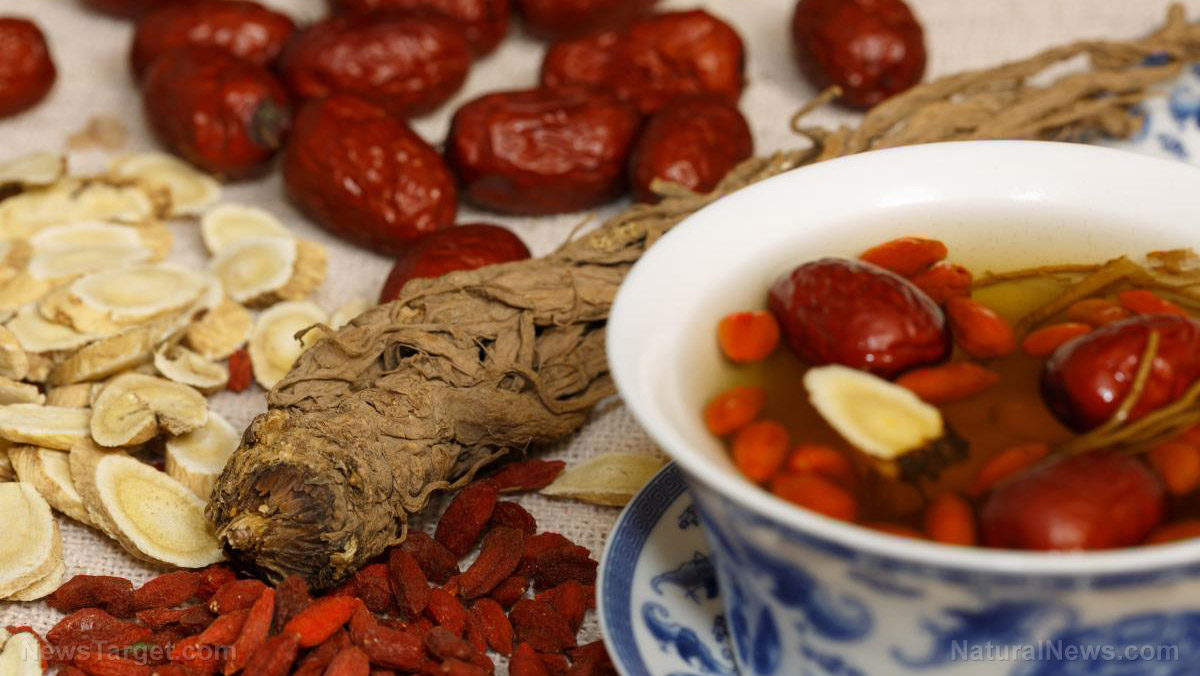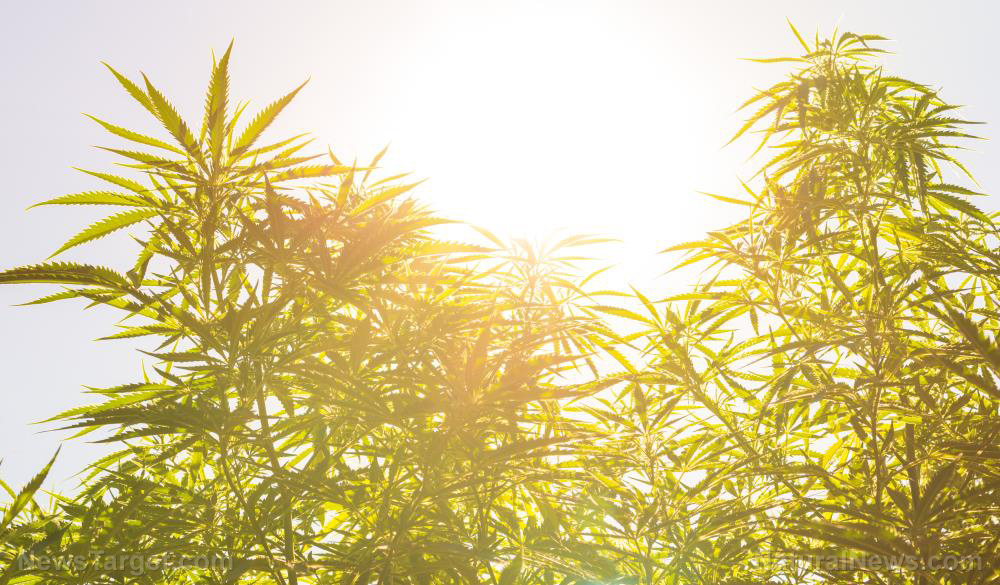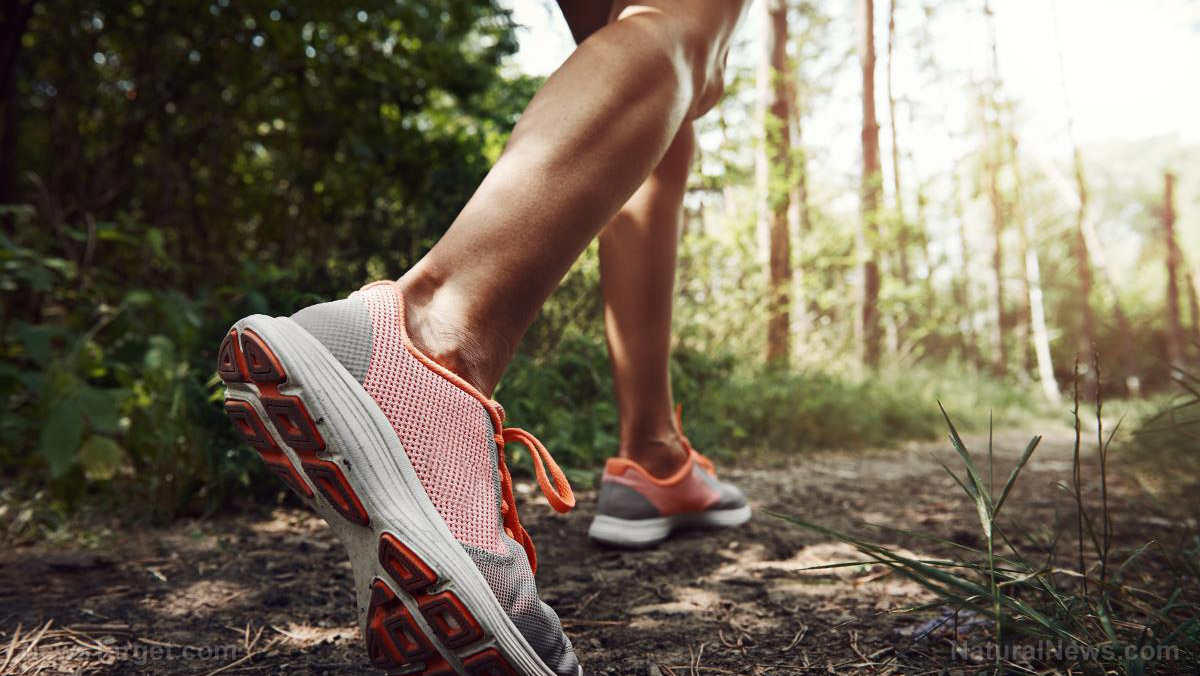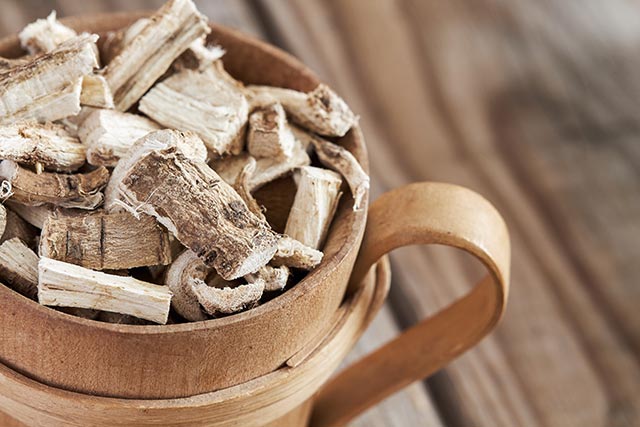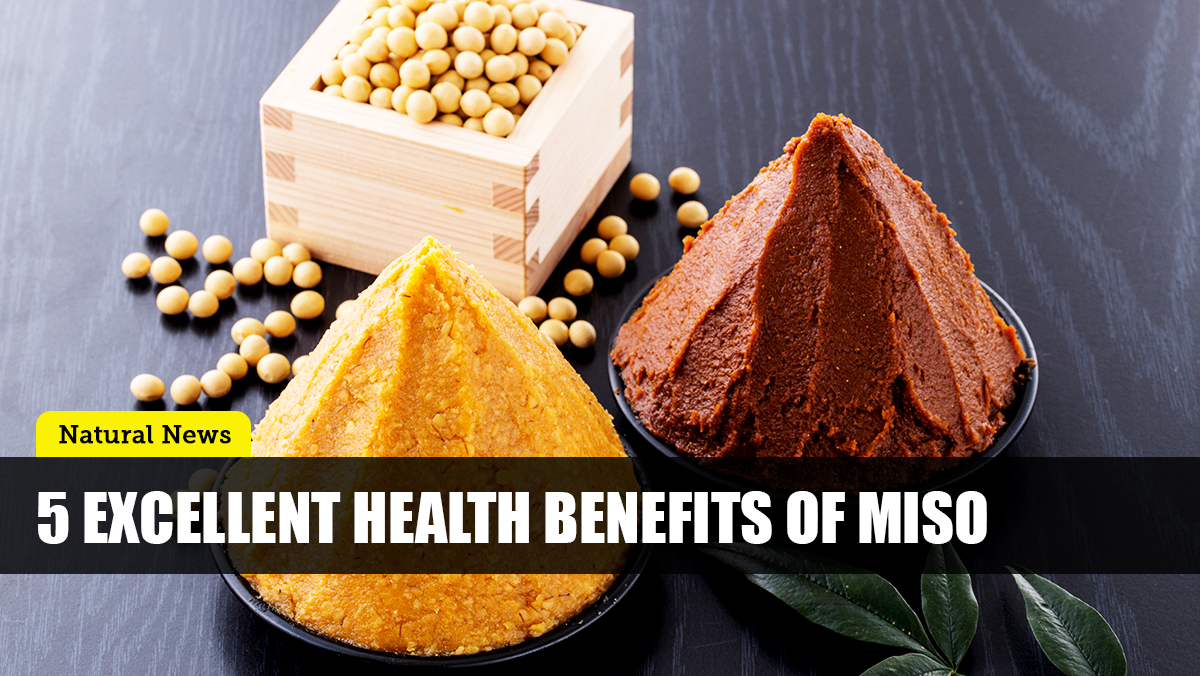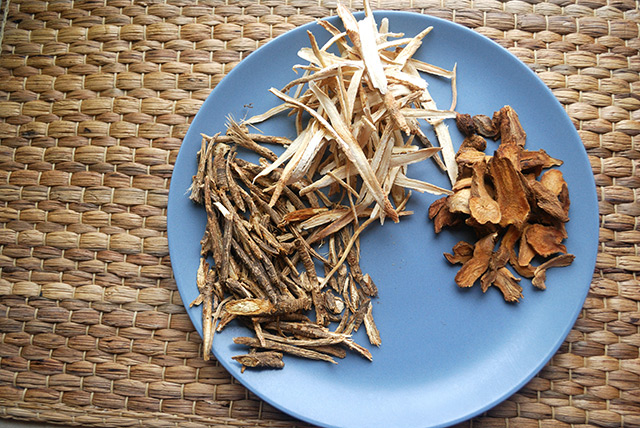Looking for more ways to add chia seeds to your diet? Here are 15 healthy and delicious ways
10/06/2019 / By Grace Olson

Chia seeds are versatile superfoods native to Central America. They are part of the mint family and are commonly mixed with other foods, such as breads and salads. They can also absorb significant amounts of water to make a jelly-like substance called chia gel. This gel makes it easier to mix them into recipes.
The seeds have been used for thousands of years in Aztec, Mayan, and Incan diets. In the Mayan language, the word “chia” meant “strength.” The use of chia seeds declined with the fall of these empires, but it became popular once more in the 20th century upon the rediscovery of their health benefits.
Why are chia seeds considered superfoods?
According to the USDA National Nutrient Database, chia seeds have no cholesterol, but they are packed with proteins, fats, carbohydrates, and dietary fiber. They also contain nutrients, including calcium, potassium, and B-vitamins. Aside from these, chia seeds are packed with antioxidants, such as chlorogenic acid and caffeic acid. In two tablespoons, chia seeds already contain 10 grams (g) of fiber, 5 g of protein, and 138 calories. (Related: Chia seeds are the ultimate survival food for long-term storage.)
Dietitian and nutritionist Dawn Jackson Blatner explains, in an article in Prevention.com: “You can find a lot of foods that are high in fiber and fat, but chia seeds have these benefits in a very small package.”
Check out some of their health benefits below.
- Chia seeds are packed with dietary fiber. Dietary fiber helps in lowering cholesterol levels. One tablespoon of chia seeds has 5 g of fiber, which accounts for 20 percent of the recommended intake.
- Chia seeds are complete proteins. The seeds have all the essential amino acids that are commonly found in meat, poultry, and livestock. This makes them a great alternative source of meat, especially for vegetarians.
- Chia seeds are heart-healthy foods. Chia seeds are sources of alpha-linolenic acid (ALA), a type of omega-3 fatty acid. Omega-3 fatty acids are good fats (HDL cholesterol) that help in protecting the heart from cardiovascular disease. They reduce the levels of omega-6 fatty acids (LDL cholesterol), decrease blood pressure, and lower blood clotting.
15 ways to add chia seeds to your diet
Chia seeds offer a lot of benefits, and best of all, adding them to your diet is not difficult. If you are not used to eating fiber-rich foods, it’s best to keep it up to two tablespoons of chia seeds a day. Begin small, then slowly increase it up to two tablespoons.

|
Discover how to prevent and reverse heart disease (and other cardio related events) with this free ebook: Written by popular Natural News writer Vicki Batt, this book includes everything you need to know about preventing heart disease, reversing hypertension, and nurturing your cardiac health without medication. Learn More. |
Make the most of chia seeds’ health benefits by mixing them into these foods and beverages. (h/t to EcoWatch.com)
- Water
- Soak ¼ cup (40 g) of chia seeds in 4 cups of water. Let stand for 30 minutes.
- To add flavor to your water, add some chopped fruit or squeeze a lemon, lime, or an orange.
- Smoothies
- Create a chia gel by soaking up one part chia seeds in 12 parts of water for a few hours.
- You can add chia gel in your smoothies to taste in order to make them more nutritious.
- Cereal
- Soak the chia seeds in your choice of non-dairy milk overnight.
- In the morning, top it off with nuts and dried fruits to taste.
- Egg substitute
- If you are avoiding eggs in your diet, ground chia seeds are good substitutes.
- To replace one egg, whisk one tablespoon of ground chia seeds with three tablespoons of water.
- Keep whisking until the mixture thickens. It will give density and a nuttier flavor to whichever food you add it to.
- Oats
- Prepare your oatmeal and simply add one tablespoon or less of whole or ground chia seeds.
- Soup
- Chia seeds can replace flour as a thickener in soups.
- Prepare the chia gel a few hours before you cook them.
- Simply add the gel into the mixture while cooking it.
- Homemade burgers and meatballs
- You can also use chia seeds to bind and thicken meatballs and burgers.
- Use two tablespoons of seeds per pound of meat.
- Salad and salad dressing
- For your salad, simply prepare your salad and sprinkle the chia seeds on top.
- Make a healthier salad dressing by adding in whole or ground chia seeds.
- Bread
- When making your own bread – such as buckwheat bread – chia seeds make a good nutritional addition.
- Pizza base
- Adding chia seeds to your pizza dough can give it a high-fiber crunchy texture.
- Granola
- You can make granola at home with ingredients you can find at home. These include oats, oil, nuts/seeds, dried fruits, and spices.
- Mix in the chia seeds along with the other dry ingredients before adding the syrup, oil, or honey.
- Make sure they are mixed well before baking.
- Yogurt
- Mixing in whole chia seeds will give a crunchy texture to your yogurt.
- If you prefer to keep the yogurt’s smooth texture, use ground chia seeds.
- Jam
- Because chia seeds can hold a lot of water, they make a good substitute to pectin in jam. Pectin is used to thicken the mixture of jam.
- Pectin needs to be mixed with sugar because of its bitter taste. With chia seeds, you no longer need to add sugar.
- Pudding
- Like the procedure of chia water, the chia seeds need to be soaked in a liquid. You can use natural juices or non-dairy milk.
- In order to have a thicker, more pudding-like texture, add more seeds and let it stand longer.
- Truffles
- Truffles are easy to make. You prepare a chocolate mixture base, mold them into spheres, and put them in the freezer.
- If you want a healthier treat, you can add chia seeds, along with oats and dates, into the mixture of your truffles.
Read more about other foods that offer numerous health benefits at Superfoods.news.
Sources include:
Tagged Under: antioxidants, Cake, cereal, chia, chia gel, chia seeds, cholesterol, cookies, dietary fiber, food preparation, functional foods, good health, granola, healthy foods, heart health, ingredients, meat, oatmeal, oats, omega 3, pancakes, Pizza, Proteins, recipes, salad, smoothies, supplements, yogurt
RECENT NEWS & ARTICLES
Natural.News is a fact-based public education website published by Natural News Features, LLC.
All content copyright © 2018 by Natural News Features, LLC.
Contact Us with Tips or Corrections
All trademarks, registered trademarks and servicemarks mentioned on this site are the property of their respective owners.

